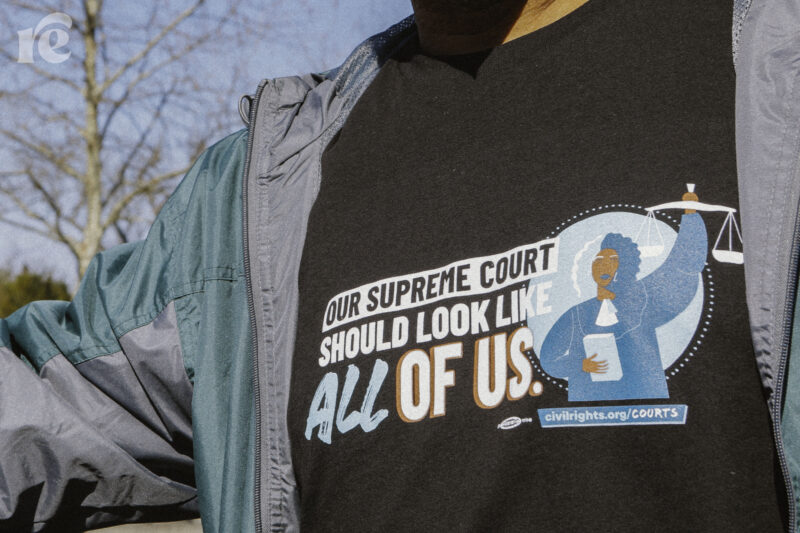How the Supreme Court Voting Rights Decision Is a Small Win for Abortion
The justices ruled Alabama conservatives can't further erode voting rights, which is good news for bodily autonomy.

This piece first appeared in our weekly newsletter, The Fallout. Sign up for it here.
It’s Supreme Court decision time!
The Court served up some surprising good news for voting rights last week in Allen v. Milligan by keeping Section 2 of the Voting Rights Act in place. My colleague Imani Gandy and I talked about the case, which involves one of the most wildly gerrymandered electoral maps ever, on the podcast when it was then called Merrill v. Milligan.
In a state where over 25 percent of residents are Black, Alabama conservatives tried to create an electoral map with only one majority Black district. The map was so discriminatory that even Chief Justice John Roberts, who has spent his entire career trying to undermine the Voting Rights Act, could not endorse it. The ruling is a rare bright spot from this Court, and one we shouldn’t take for granted.
The decision is also good news for abortion rights. One of the crucial lessons to emerge from the Court overturning Roe v. Wade is that abortion is a winning ballot issue. In elections since Dobbs v. Jackson Women’s Health Organization, voters have overwhelmingly gone to the polls in support of abortion rights and access. So any decision that doesn’t further erode voting rights is a good decision for bodily autonomy.
Whether we like it or not, building back abortion rights and access across the country is going to depend in part on electoral politics. Those electoral wins help build the civic infrastructure required to rebuild access to care. It is a grind, and a necessary one. But the more people who can vote on abortion in their states, the better.
The Milligan decision also gives progressives and Democrats a chance to try and elect more folks to Congress who can strengthen the Voting Rights Act, a point Elie Mystal made in the Nation.
It’s rare to get a second chance from the Roberts Court, but that’s how progressives and Democrats could view this decision—a second chance to return the Voting Rights Act to its past prominence and reform the federal courts so that we as a country don’t find ourselves held captive by a handful of rogue conservative judges.
